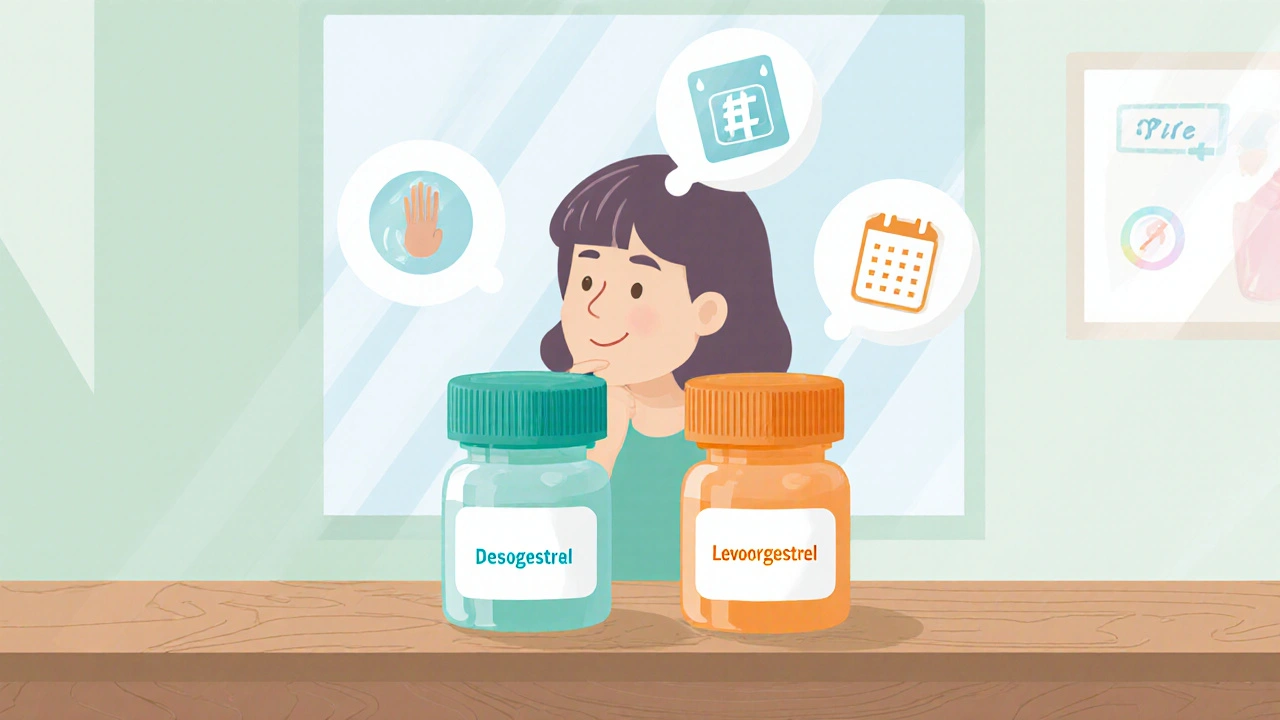
Oral Contraceptives: How They Work, Choices & What to Watch For
When talking about oral contraceptives, hormonal pills taken by mouth to prevent pregnancy. Also known as birth control pills, they combine synthetic estrogen and progestin to stop ovulation, thicken cervical mucus, and alter the uterine lining. This simple definition sets the stage for everything that follows, from the science behind the hormones to the everyday decisions you’ll make.
One major group is the combined oral contraceptive, a pill that contains both estrogen and progestin. It works by suppressing the pituitary release of luteinizing hormone, which in turn prevents the egg from being released. Another popular option is the progestin‑only pill, sometimes called the mini‑pill because it contains only progestin. This version mainly thickens cervical mucus and makes the uterine lining less receptive, making it a good choice for women who can’t take estrogen.
Key Factors to Consider Before Starting
Choosing a pill isn’t just about picking a brand; it involves looking at your health profile, lifestyle, and future plans. For instance, if you have a history of blood clots, a progestin‑only pill may be safer because estrogen raises clot risk. Smoking, age over 35, and certain migraine patterns also push you toward estrogen‑free options. On the flip side, combined pills often give better cycle control and can improve acne, making them attractive for many users.
Side effects are another reality you’ll encounter. Common complaints include breast tenderness, nausea, and mood swings, which usually fade after a few cycles. More serious but rare issues—like high blood pressure or liver problems—are why a medical check‑up is essential before you begin. Keeping track of any changes and communicating with your provider helps you stay on the right track.
It’s also worth noting that oral contraceptives don’t protect against sexually transmitted infections. If STI risk is a concern, pairing the pill with a barrier method, such as condoms, gives you dual protection. Additionally, if you miss a pill or experience vomiting within two hours of taking it, you’ll need a backup method or an emergency contraception, a high‑dose pill taken after unprotected sex to prevent pregnancy. Knowing these backup steps keeps you covered when life gets unpredictable.
All these pieces—type of pill, health considerations, side‑effect profile, and backup plans—form a web of decisions that shape your contraceptive experience. Below you’ll find a curated collection of articles that dive deeper into each of these topics, from detailed comparisons of specific brands to real‑world tips for managing side effects. Let’s explore the options so you can make an informed choice that fits your life.

